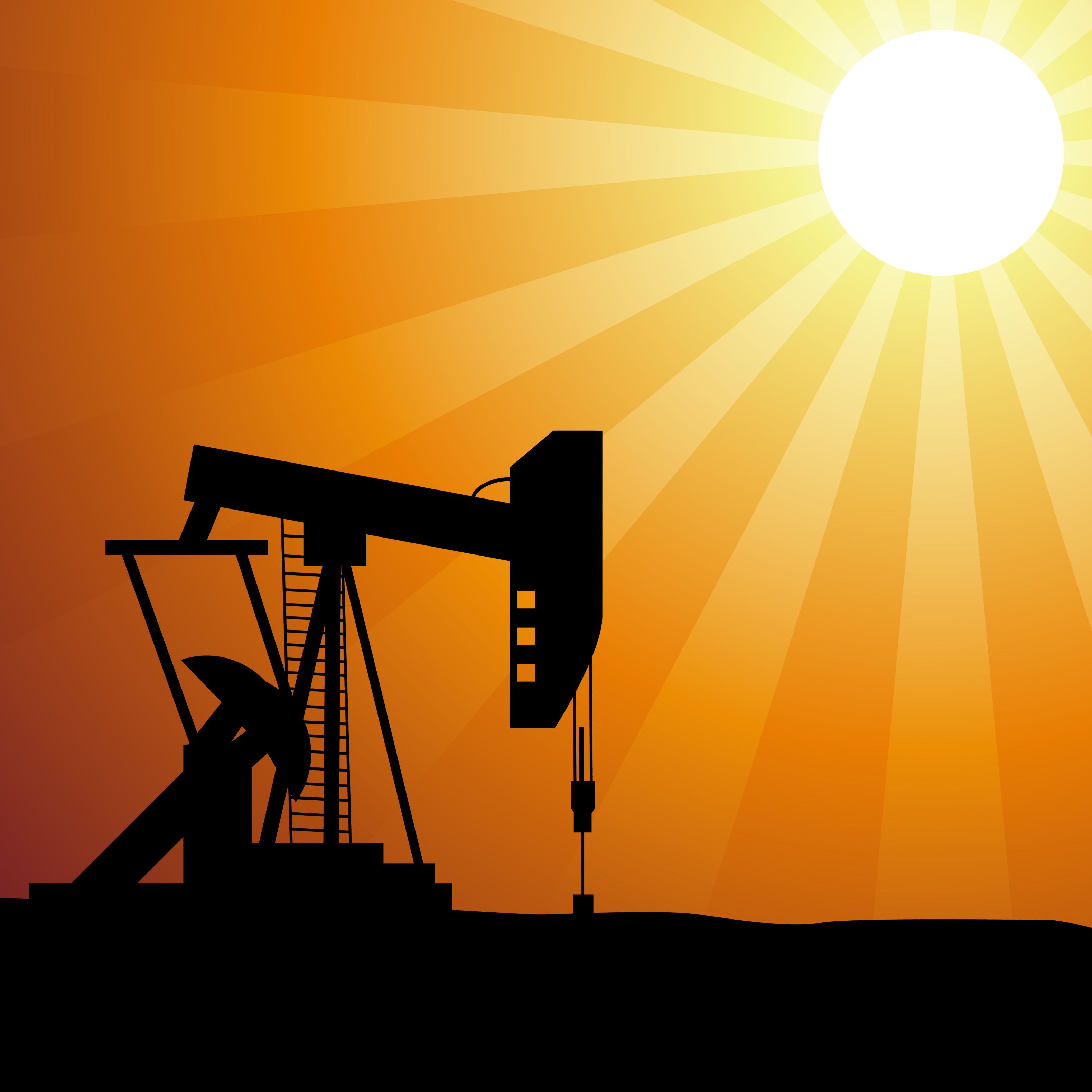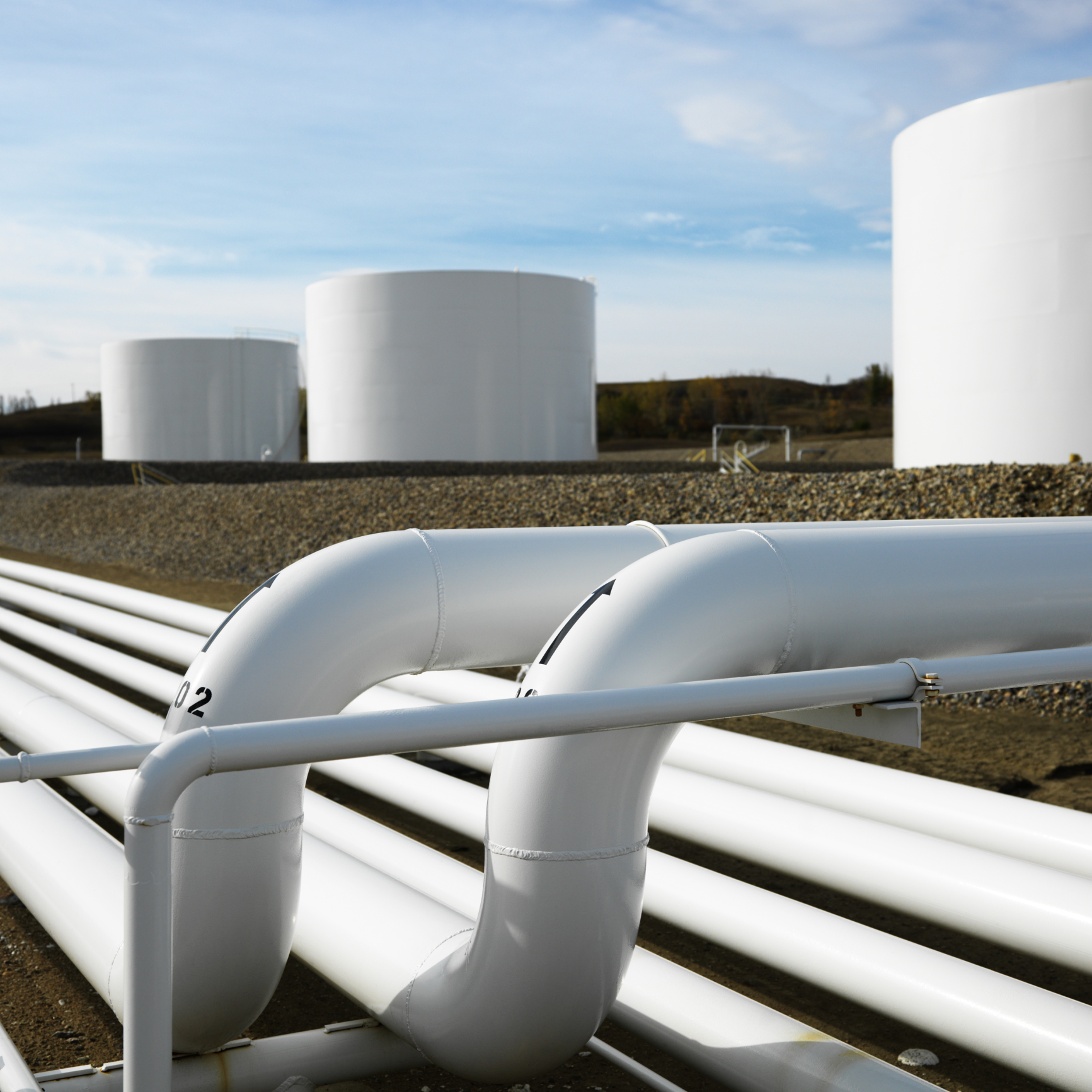
Low oil prices have taken a toll on U.S. producers, sending some of the smaller firms with high debt loads into the bankruptcy courts. The impact on some oil producing nations has created similar strains on sovereign budgets, especially in those countries that depend on oil and gas production to balance their annual budgets.
On Friday, Moody’s Investors Service said that it has initiated reviews for possible downgrades on 12 nations; already downgraded ratings on 4 countries and placed them on review for further downgrade; and affirmed its ratings on 2 nations but changed the firm’s outlook to negative on one.
The 12 nations put on review for downgrade and their current ratings are:
- Abu Dhabi – Aa2
- Angola – Ba2
- Gabon – Ba3
- Kazakhstan – Baa2
- Kuwait – Aa2
- Nigeria – Ba3
- Papua New Guinea – B1
- Qatar – Aa2
- Russia – Ba1
- Saudi Arabia – Aa3
- Trinidad & Tobago – Baa2
- United Arab Emirates – Aa2
The case of Russia may be the most interesting. While Russian debt has already fallen below investment grade the country depends heavily on oil and gas which accounted for nearly 60% of exports, about 17% of GDP, and around 43% of federal revenues in 2015. Moody’s was unimpressed by Russia’s recently announced plans to mitigate the impact of low prices: “[T]he plans announced to date are unlikely to be sufficient to contain entirely the impact of the shock [of low oil prices] on the government balance sheet.”
Saudi Arabia is getting dinged for having already dipped into its sovereign wealth fund in a major way. In 2015, hydrocarbons accounted for about 84% of exports, about 40% of GDP, and around 62% of consolidated government revenues. The country’s sovereign wealth fund totaled about $746 billion in August of 2014 and had dipped to $616 billion by the end of 2015 as the government sold off assets to raise cash.
The four countries that were downgraded and have just been put on review for a further downgrade are Azerbaijan, Bahrain, Republic of the Congo, and Oman. Azerbaijan’s debt rating was dropped one notch from ‘Baa3’ to ‘Ba1’; Bahrain’s from ‘Baa3’ to ‘Ba1’; Congo’s one notch from ‘Ba3’ to ‘B1’; and Oman’s two notches from ‘A1’ to ‘A3’. Only Oman’s debt retained an investment grade rating.
Venezuela’s rating of ‘Caa3’ was unchanged by Moody’s lowered the country’s outlook to negative. The country depends on hydrocarbons for more than 90% of its exports, about 32% of GDP, and around 45% of government revenues.
The one nation with an unchanged rating and outlook was Norway, rated ‘Aaa’ with a stable outlook by Moody’s. Oil and gas accounted for more than 51% of the country’s exports in 2015, about 16% of GDP, and nearly 15% of consolidated revenues. The country’s hydrocarbon revenues have created a sovereign wealth fund valued at more than $825 billion from which the government can draw to fund operations. Last week, the country tapped its sovereign wealth fund for $781 million, the first time the fund has been touched since its formation in 1995.
100 Million Americans Are Missing This Crucial Retirement Tool
The thought of burdening your family with a financial disaster is most Americans’ nightmare. However, recent studies show that over 100 million Americans still don’t have proper life insurance in the event they pass away.
Life insurance can bring peace of mind – ensuring your loved ones are safeguarded against unforeseen expenses and debts. With premiums often lower than expected and a variety of plans tailored to different life stages and health conditions, securing a policy is more accessible than ever.
A quick, no-obligation quote can provide valuable insight into what’s available and what might best suit your family’s needs. Life insurance is a simple step you can take today to help secure peace of mind for your loved ones tomorrow.
Click here to learn how to get a quote in just a few minutes.
Thank you for reading! Have some feedback for us?
Contact the 24/7 Wall St. editorial team.
 24/7 Wall St.
24/7 Wall St.


